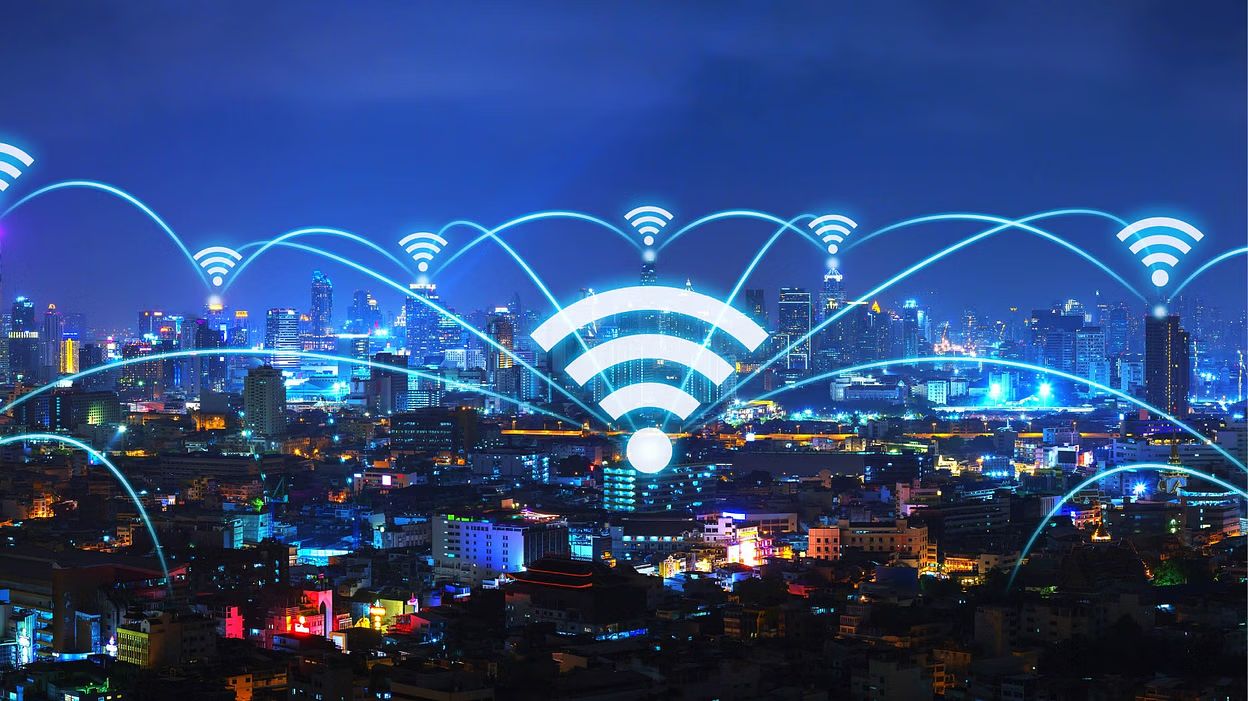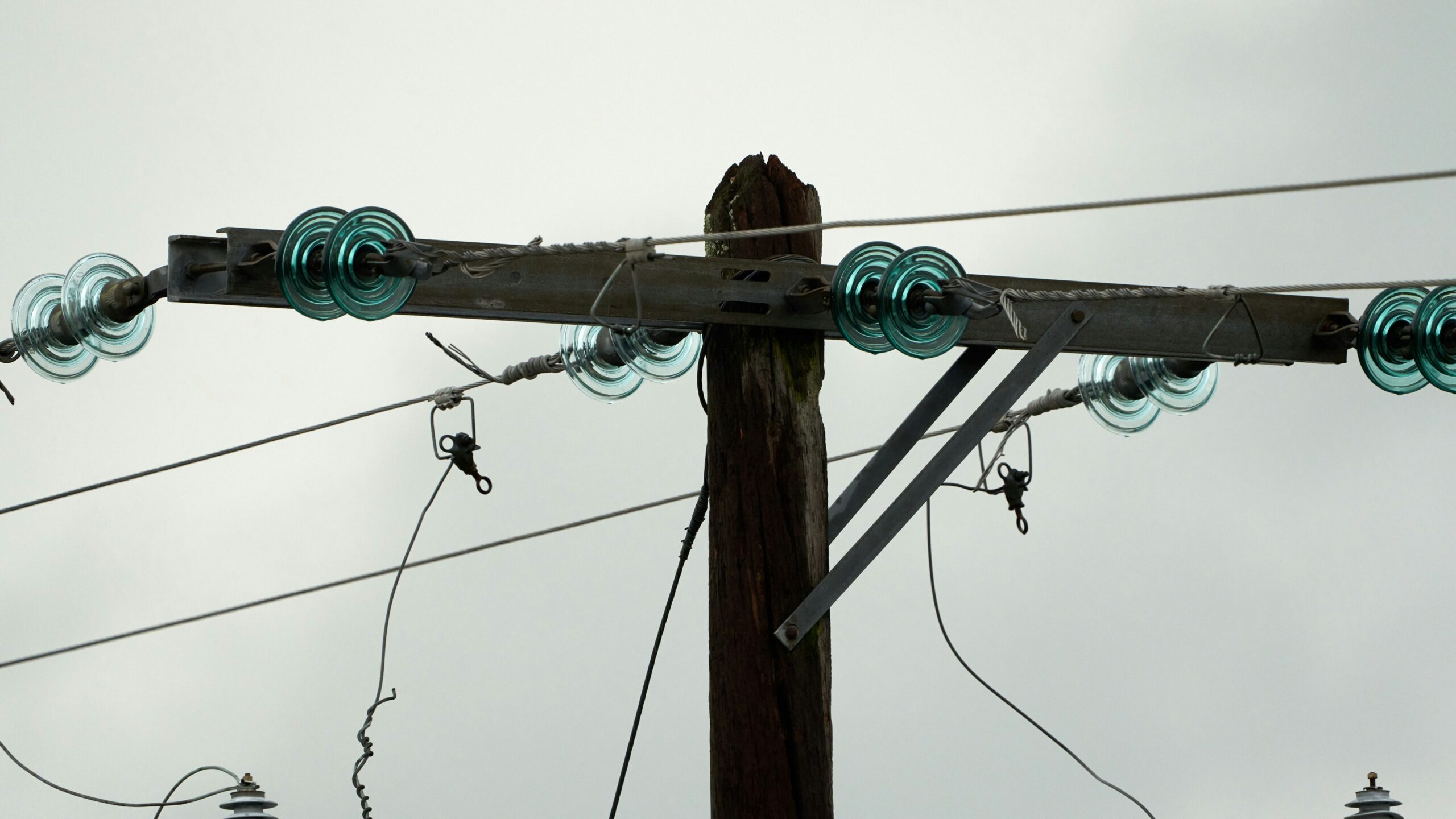Japan has just shattered the global internet speed record, achieving a staggering 1.02 petabits per second (Pbps). This breakthrough, made by the National Institute of Information and Communications Technology (NICT), has redefined what’s technically possible in broadband communication.
Faster Than You Can Imagine
To put it into perspective, 1.02 Pbps equals 1,020,000 Gbps. That’s fast enough to download the entire Netflix library or the complete English Wikipedia thousands of times in just one second. Compared to India’s average internet speed of 63.55 Mbps, this new speed is 16 million times faster. In the U.S., where average speeds hover around 300 Mbps, it’s still 3.5 million times faster.
The Science Behind the Speed
The NICT, in collaboration with Sumitomo Electric and European researchers, pushed this innovation forward. They used special optical fibre cables containing 19 cores-compared to the usual single-core structure.
These 0.125 mm thick cables are similar in size to standard ones already in use. During the test, signals traveled 1,808 km through 19 loops of 86.1 km each. This setup enabled the transmission of 180 individual data streams simultaneously.
Record-Breaking Data Transfer
The experiment reached an unmatched data transfer rate of 1.86 exabits per second per kilometre, the highest ever recorded. This performance sets a new global benchmark, proving that mind-boggling internet speed is achievable with existing cable dimensions.
Revolutionary Technology – No Need for Infrastructure Overhaul
Perhaps the most exciting part? NICT confirmed that no major infrastructure overhaul is needed. Their system worked on cables similar in size to those already laid under our cities and oceans.
The transmission system was built entirely by NICT, using cutting-edge transmitters, receivers, and amplification tools. Sumitomo Electric crafted the fibre itself, ensuring compatibility and scalability.
Real-World Applications: Why It Matters
With such speeds, downloading 8K ultra-high-definition videos, massive cloud storage files, or full data backups could be done in a flash. This innovation answers the global call for ultra-fast internet, driven by rising demands from AI, cloud services, streaming platforms, and remote working solutions.
Imagine downloading 100 GB in less than a blink. That’s not a fantasy anymore.
The Future: Still Under Wraps
NICT hasn’t confirmed when this technology will reach consumers. But the proof of concept is clear. We now know that extreme internet speed is possible-over long distances-using cables similar to the ones already installed across the world.
The achievement marks a turning point for digital communication. It paves the way for next-gen experiences and could become critical infrastructure as the world transitions into the AI and quantum computing era.
Speeding Into the Future
Japan’s groundbreaking test is more than just a record—it’s a glimpse into the internet’s future. With technology that can deliver petabit speeds using today’s infrastructure, the global digital transformation just got a powerful boost.
For more updates, visit https://a2zbookmark.com/




